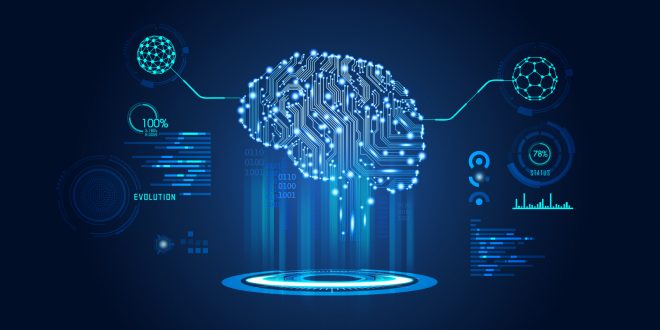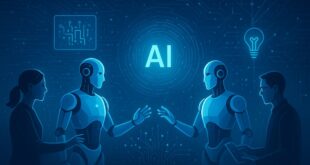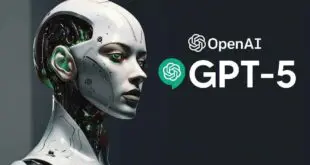Machine learning is one of the most popular buzzwords in sites like shoppingthoughts.com and across the digital world today. The term might be just another jargon that doesn’t mean a great deal to your everyday life. You might think of a computer being able to play against you or a robot designed to do specific tasks that only humans can do before.
Worse, you might even imagine machine learning or artificial intelligence as something sinister or unreal. But, the reality of these technological advancements is that they are indeed here, and it’s far less threatening than you’ve imagined.
Whether you believe it or not, the fact is that AI and machine learning is making a positive impact on how we live in this increasingly innovative world. In this article, you’ll learn what machine learning is and how it’s changing the world and your day-to-day life. If you are interested more about this topic visit intellipaat.com for Machine Learning Course.
Machine Learning: Defined
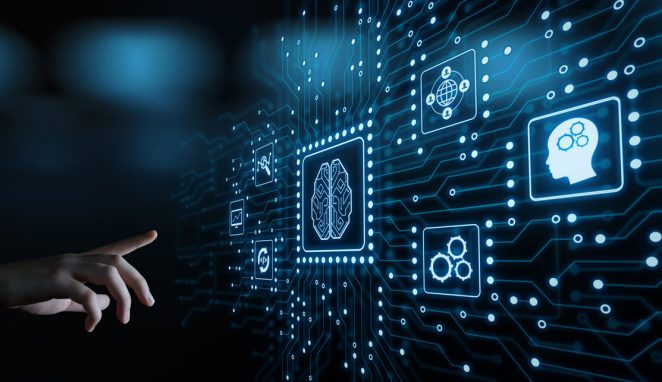
Machine learning is an essential subset of artificial intelligence, whereby algorithms and statistical models are used to run computer systems that rely on patterns and inference to perform specific tasks.
Computers programmed by machine learning extract information and utilize it to make predictions, decipher the accuracy of that information, and self-learn. Fundamentally, it’s all about analyzing big data.
Big companies like Amazon and Google use machine learning to roll out semantic results based on algorithms that systematically analyze a person’s viewing, search, and purchase history to determine their preferences and predict his/her next digital actions.
The amount of data that such big companies hold is pretty staggering. According to a 2018 report, an estimated 4 billion people use the internet to search for something. There are around 40,000 searches processed per second, which amounts to 3.5 million per day, or a staggering 1.2 trillion annually.
Implications on the Workforce and Industries
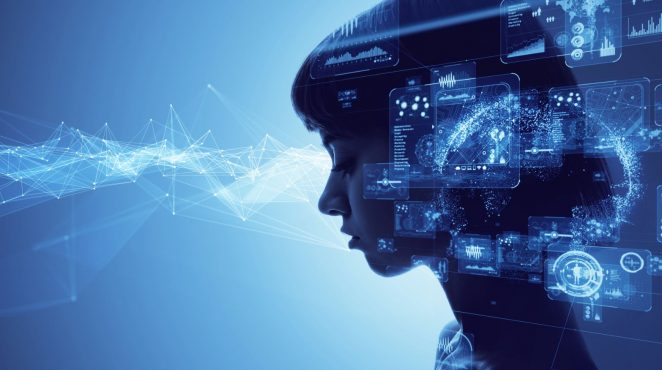
Machine learning plays a significant role in transforming the workforce and various industries today. Some consider this change catastrophic, while others think of it as a miracle. It’s because machine learning is poised to automate a majority of skilled labour. The opinions are divided because such technologies can either lower the difficulty level of a job or wipe out the job altogether.
Now, let’s look at the various industries that are changed since the advent of machine learning. Read on below.
Skilled Labor
A lot of people expect that the significant shift driven by machine learning will be the automation of industries. Tasks and functions formerly done by skilled labourers will be mechanized or taken over by computers or robots, especially those jobs that risky or dangerous like mining. In fact, we are already seeing some of these changes today.
Education
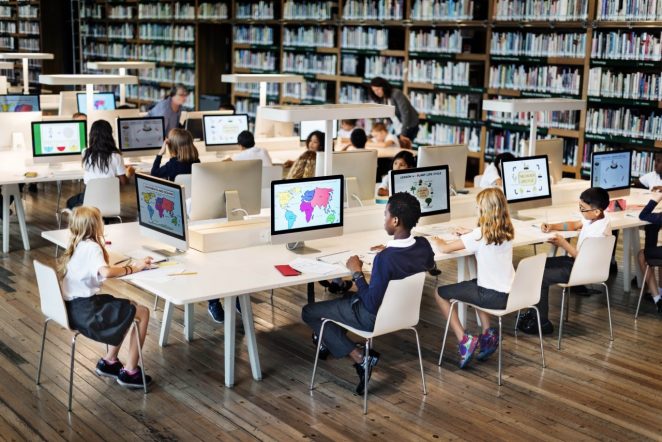
No computer or robot can completely replace the job of a teacher. But it’s a fact that some of the tasks and functions of a teacher can now be automated.
For instance, you can now program a computer to analyze test results, determine study plans, and figure out learning disabilities and knowledge gaps. Machine learning has the potential to facilitate the work of teachers and improve the learning outcomes of students.
Transportation
If you haven’t heard about driverless cars, you must be living under a rock. Of course, artificial intelligence and machine learning made possible these self-driving vehicles, and it’s expected that railway trains and ships will be autonomously controlled in the next several years.
NASA has already successfully launched and landed a self-driving space shuttle, and Canadian aviation companies are also looking forward to designing an aircraft without a pilot. Google and Rolls Royce, meanwhile, are collaborating to create an autonomously controlled ship by next year.
Health
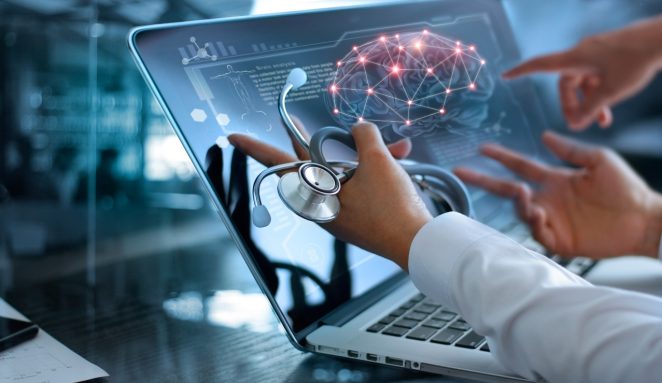
Machine learning also plays a vital role in the health industry. Right now, it’s being utilized for faster and effective patient diagnosis and prevention of diseases. Thanks to AI and machine learning, medical professionals are now able to predict potential health problems based on genetic history, age, socio-economic status, etc. of a person.
Moreover, medical institutions are also utilizing AI algorithms for accurate detection of tumours, as well as the acceleration of research toward a cure for cancer.
Law
Since AI and machine learning can process enormous amounts of data, legal firms and lawyers will now be able to review previous cases and law documents in a matter of seconds. Despite this capability of machine learning, it’s still unlikely that it will take over the profession of lawyers since this job involves human logic and emotional appeal.
Domestic Life
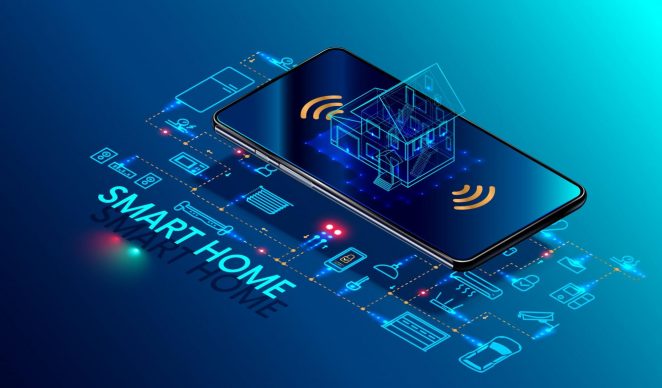
Artificial intelligence and machine learning contribute to the fast-paced improvement in our daily lives. For instance, the devices in our homes are now increasingly connected to the internet. Home appliances and gadgets can now function with less handling on our part and with just a single command using our voice.
Of course, the progress that AI and machine learning are taking makes our domestic life more convenient, secure, and efficient.
Takeaway
Whether the impact of AI and machine learning is positive or negative on your part, it’s undeniable that much of the world is enjoying its benefits today. The thing is that we have to change our mindsets when it comes to advancements such as this one to further the success that humanity is taking.
 Vermont Republic Second Vermont Republic
Vermont Republic Second Vermont Republic
